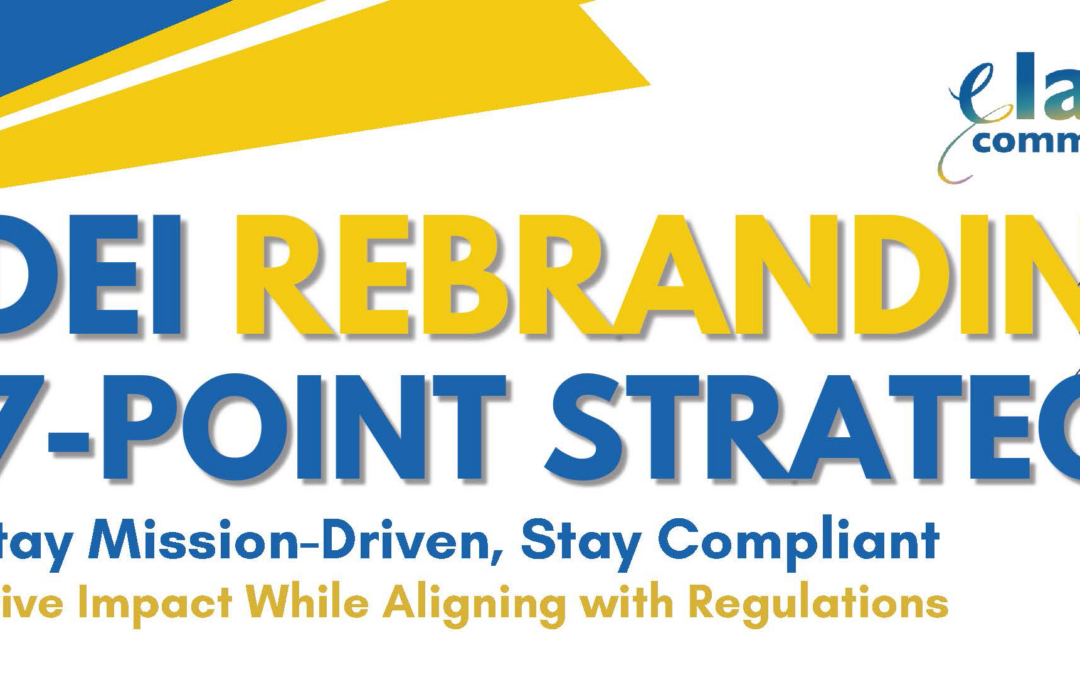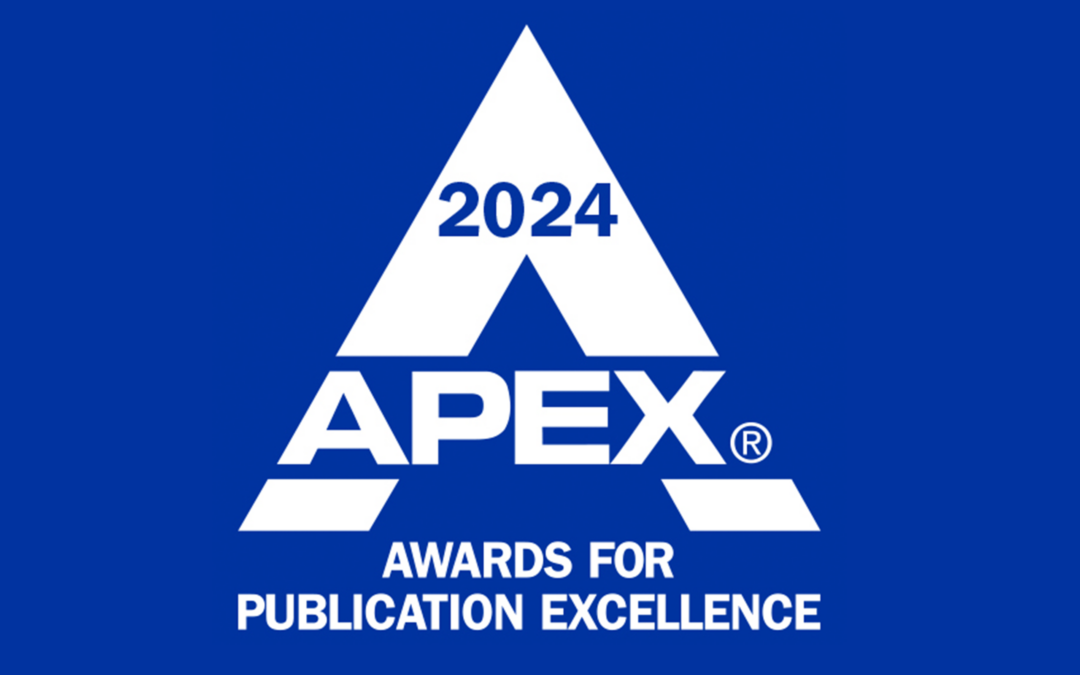Donor relations are crucial to ensuring long-term sustainability and continued success. But donor relations must go beyond the transaction of money to building lasting, meaningful connections. By personalizing communication, showcasing impact, engaging donors with events, seeking their feedback, and providing clear avenues for giving, you will cultivate a deeper sense of loyalty and trust.
Here are five of the most proven strategies to create lasting connections with your donors.
1. Personalize your communication
Donors are individuals with unique interests, passions, and reasons for supporting your cause. One of the most effective ways to enhance donor relations is by personalizing your communication. A generic thank-you note or email feels impersonal and may fail to create a deeper connection. Instead, acknowledge each donor’s specific contribution and the impact it has had.
- Segmentation: Organize your donor database into segments based on factors such as donation amount, frequency, and specific interests. This allows you to send more targeted, relevant updates that resonate with each donor group.
- Tailored thank-you messages: Beyond the standard thank-you letter, consider sending personalized notes, making phone calls, or even hosting virtual or in-person meetups to express gratitude directly.
- Regular updates: Keep donors informed about the specific outcomes of their donations. Show them exactly how their money is being used, whether it’s funding scholarships, community projects, or vital research. This helps donors feel directly connected to the mission.
2. Showcase impact through storytelling
Donors want to know their contributions are making a difference. One of the best ways to show this is through storytelling. Sharing the real-life stories of individuals or communities that have benefited from their donations helps donors visualize the impact of their generosity.
- Testimonials: Use video or written testimonials from beneficiaries to highlight how donor support has changed lives. This is particularly effective when shared through newsletters, social media, or direct communications.
- Before-and-after visuals: Use photos, infographics, and videos that demonstrate the progress made possible by donations. A visual representation of the change is often more powerful than numbers alone.
- Donor spotlights: Feature stories about donors themselves, showcasing why they give and how they believe in your mission. This not only shows appreciation but also fosters a sense of community among your supporters.
3. Create a donor stewardship program
Donor stewardship goes beyond the initial thank you and ensures donors feel appreciated throughout the year. A well-structured stewardship program helps keep donors engaged and invested in your organization over the long term. This program should include multiple touchpoints to keep donors involved.
- Exclusive updates: Provide your top donors with early or exclusive access to reports, events, and new initiatives. For example, invite them to special webinars or “behind-the-scenes” tours that provide deeper insight into your organization’s work.
- Anniversary or milestone recognition: Celebrate key milestones such as giving anniversaries and specific donation achievements. Recognizing these moments shows you value their continued support.
- Donor recognition programs: Create tangible ways to recognize donors, such as naming opportunities, donor walls, and special awards. These public acknowledgments not only honor their contributions but also inspire others to give.
4. Solicit feedback and make donors feel heard
Donors appreciate being part of the conversation. By actively soliciting their feedback and input, you demonstrate that their voices matter and their opinions help shape the direction of your organization. Creating a culture of collaboration helps donors feel more invested in the long-term success of your mission.
- Surveys and polls: Regularly send surveys to gauge donor satisfaction, ask for ideas on how to improve, and learn more about their interests.
- Interactive dialogues: Offer opportunities for donors to ask questions and provide feedback through focus groups, town halls, and one-on-one meetings with leadership.
- Act on feedback: Don’t just ask for feedback—act on it. When donors see their suggestions have led to tangible changes, it strengthens the trust and bond between them and your organization.
5. Make donating easy and transparent
One of the simplest ways to enhance donor relations is by making the donation process easy, transparent, and secure. A smooth donation experience encourages new and returning donors to give and engage more frequently.
- Online donation platforms: Make it easy for donors to give through a user-friendly online platform. Provide multiple payment options, and ensure the process is secure and efficient.
- Clear financial reporting: Be transparent about how funds are allocated and spent. Donors are more likely to give to organizations that demonstrate accountability and responsible stewardship of their funds.
- Recurring giving options: Offer flexible giving options, such as monthly or annual recurring donations, that make it easier for donors to contribute on an ongoing basis.
At the heart of it, enhancing donor relations is about showing your donors they are valued partners in your mission, not just benefactors. By implementing these strategies, you foster stronger relationships, inspire continued support, and ensure your organization thrives for years to come.









